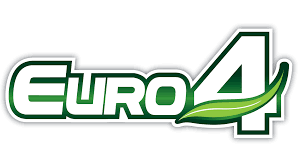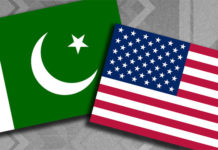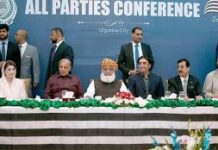By Muhammad Luqman
Pakistan government has allowed the marketing companies to introduce diesel conforming to EURO-IV and EURO-V with deregulated prices.
Economic Coordination Committee of Federal cabinet that met in Islamabad with Prime Minister Shahid Khaqan Abbasi in the chair
The Oil Marketing Companies and refineries had earlier turned down petroleum ministry’s desire to introduce Euro-III and Euro-IV-compliant HSD in the country, terming it unfeasible to sell the higher grade product in the Pakistani market.
The ministry had proposed to do so through imports in a deregulated environment, and subsequently upgrade local refineries capable of matching the quality of the imported product. The ministry also asked the oil industry to suggest a mechanism and timeline for the introduction of imported, and then locally-produced HSD in the market.
But the Oil Companies Advisory Council (OCAC), on behalf of the oil industry, said the cost-benefit analysis did not support such a major shift and informed that Europe had took 16 years to complete the transition from Euro-I to Euro-V, beginning with Euro-I in 1993 and culminating in Euro-V in 2009.
The industry said Euro-II had only recently been introduced in Pakistan, i.e. on Jan 1, 2017. This was when all imports accounting for about 50 per cent of the total demand were switched to 0.05pc, i.e. 500 particles per million (ppm) from the previous import specifications of 0.5pc, i.e. 5,000ppm.
Pakistan used to have 0.5pc sulphur content HSD, which produced 5,000ppm until recently. This is currently being replaced with 0.05pc Euro-II having 500ppm. Euro-III should have 0.035pc (350 ppm) and Euro-IV 0.005pc (50ppm).
The ECC has also approved replacement of four LPG Air Mix projects. Air Mix Project Malkot in Khyber Pakhtunkhwa will be replaced with project at Balakot, Forward Kahuta with Drosh in Chitral, Hajira in Azad Kashmir to Beor in Kahuta and Abbaspur in Azad Kashmir to Bhun in Murree.















